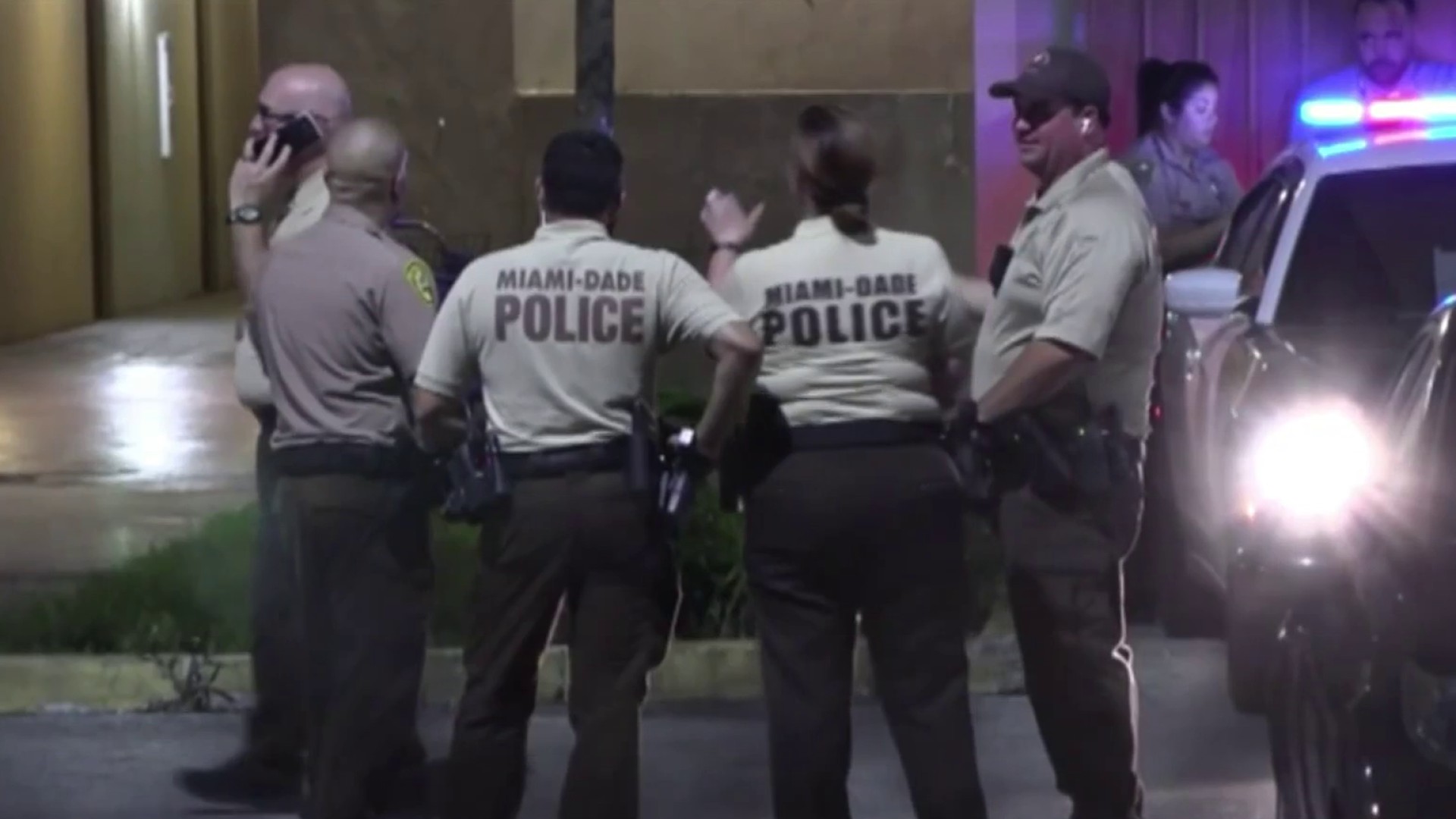South Floridians have received an incredible number of text messages, mail pieces, TV ads, digital ads, all saying you should vote for this person over that person.
The overwhelming number of messages may have people asking, how did they get my number? Why am I getting all of this?
Well, campaigns know much more about you than you might imagine. So much, that people in politics have a pretty good idea of how elections will turn out before it’s over.
Campaigns do this with political science, using both public and private information.
“If you have faulty data, I don’t care if you have a blank check for your campaign, you’re not going to make it. That is how important data is to a campaign,” said Sasha Tirador, a political consultant with G & R strategies.
The data starts with the state voter file. When you register to vote, everything you write down becomes a public record. Campaigns then order that from the state. So, they get your name, your address, your email, your ethnicity, your birthday, your phone number, what party you are registered as - anything you write down.
You can even look this information up yourself on the Department of State website.
Local
Campaigns also request what elections you’ve voted in before and they rank you based on your likelihood to show up. A 5 is a super voter: they'd vote for dog catcher if they could. A 1 is someone who doesn’t even know an election is going on.
“Some candidates have very limited resources and they have to spend those resources on voters they feel confident will come out to vote,” said Tirador.
After they have the public data, they add the private.
Campaigns buy phone number lists from big companies that collect them, similar to telemarketers. Then, people give them more information about themselves by liking or following political things online and on social media.
Campaigns add emails and contact lists from allied groups, like the Republican Party of Florida, Planned Parenthood, labor unions and others.
They put all that together in a database and they constantly monitor it by employing people to phone or text banks, calling voters to ask them if they’re going to vote, who they support and what they think of all the candidates.
“Once you’ve engaged with a productive conversation with the voter, you can then offer: can we put a yard sign outside your house? Do you need transportation to the polls? Would you like to vote by mail, we can provide you with an absentee ballot request form,” said Tirador.
Florida is different from many other states; it has a long period where people can vote by mail, followed by two weeks of early voting. Public data is updated every day.
For example, on Saturday the Miami-Dade elections office reported, 87,673 Republicans, 127,473 Democrats, 1,613 others, and 49,049 Non-Party Affiliated voters have already voted by mail or early vote. Just that alone means if it’s one Republican versus one Democrat, you have a pretty good idea of who’s winning every day before it’s over.
“We can say how many Republicans and how many Democrats are voting. Yes. But depending on their race and depending on what area of Miami-Dade county, you can determine basically who they’re voting for,” said Tirador.
For many non-partisan races it takes a little more math. Remember the phone banks? Many times, they are also polling voters in real time.
So if campaigns know five out of ten Republicans, three out of ten Democrats, and four out of ten NPAs will vote for a candidate and you know how many of them voted, then campaigns have an educated guess about the vote count.
After that, campaigns need to turn their people out. They do that by sending them messages: texts, mailers, and videos.
“We know the motivation for voters to come out in big numbers is when they are upset. Happy voters do not come out to vote in big numbers,” said Tirador.
So, what can get in the way of their data?
The answer is simple: turnout, turnout, turnout. Things that drive the turnout up and things that drive the turnout down. So if a hurricane strikes a week before an election and people are more concerned with rebuilding their homes and they don’t show up, you can throw those prior numbers out of the window.
The opposite is also true. If for some reason or another an incredible number of new voters show up that you didn’t expect, those 1s and 2s by the ranking, then all the estimates of what will happen change drastically.
Like a lot of things in politics, the more money, volunteers and resources a candidate has, the better they are at making those predictions.



